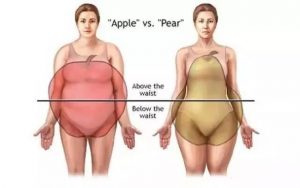
In the adult world, nothing is easy except “easy to gain weight.”
As a member of the physique prone to weight loss, you may have had this question: Why do some people lose weight when they eat, and some people grow flesh when they drink cold water?
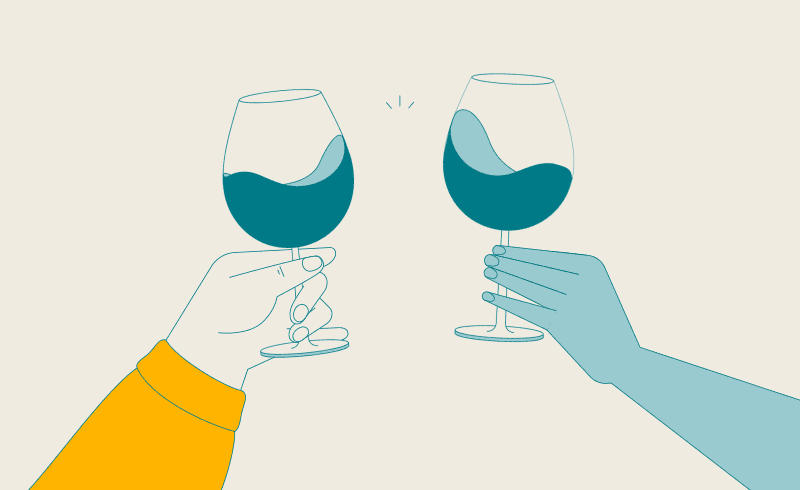
A study by the University of Cambridge in the United Kingdom may give you the answer: The “ability” of drinking water to grow flesh may be innate.
There are thousands of reasons for gaining weight, but the one “born to get fat” makes people the most helpless.
Fat physique may be “destined”
The above-mentioned study published in the Genetics magazine shows that thinness and obesity are actually genetic traits with polygenic components. Maintaining a thin body and suffering from severe obesity are both heritable traits.
In other words, there is a kind of fat that is “inborn”, which is determined by genes.
At the same time, the genetic and overweight risks of obese people are much higher than those of normal weight people. Obese people should pay more attention to their own weight and eating habits.
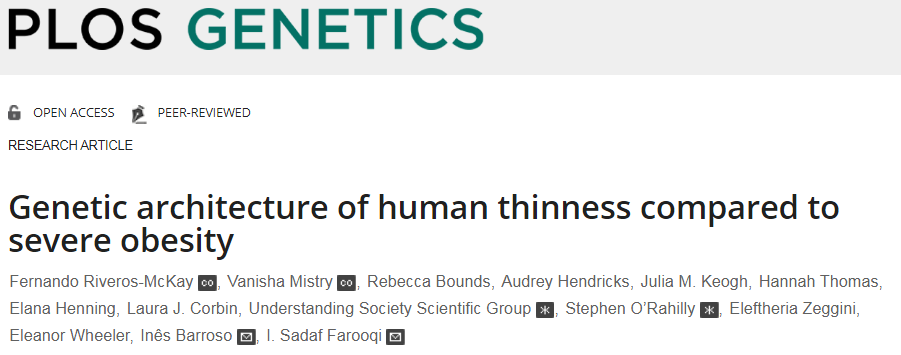
The research leader said: “I hope our research can help people understand obesity and fine-tune weight loss strategies. If we can find genes that prevent weight gain, we may be able to find new ways to lose weight to help obese people.”
Researchers recommend that people who are prone to obesity slow down their eating speed, maintain a regular diet, avoid overeating, eat less sweets and heavy-tasting foods, ensure adequate drinking water every day, and increase exercise appropriately .
4 reasons why you gain weight quietly
People who are naturally prone to gain weight, encounter the following weight gain factors, may make you “fatter and fatter.”
Hu eat sea drink
Mainly reflected in two aspects: excessive intake + uneven intake.
A person of normal weight, if the long-term intake is greater than the consumption, will have excess energy, gradually become overweight, and become obese.
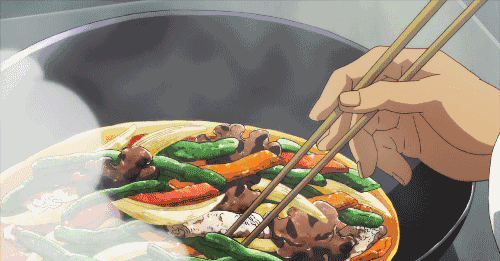
If the three meals are mostly carbohydrates, fat, insufficient intake of fruits, vegetables, and whole grains, and lack of fat-burning raw materials (vitamin B1, vitamin B2, etc.), people will get fatter.
Eat quickly
A joint study conducted by the Graduate School of Okayama University and the Health Management Center in Japan shows that eating speed is the factor that cannot be ignored.
People who eat fast have a 4.4 times higher risk of getting fat compared with those who eat normally. Men who eat fast are more affected than women.
Lack of exercise
Energy intake and consumption are like a balance. Only when the two are similar can the balance be balanced.
At the same time of energy intake, there is no exercise for energy consumption, and the metabolic process becomes slower, and you will fall into a vicious circle of getting fatter.
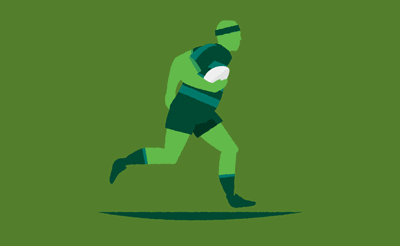
Bad posture
When you hunch back, your back curls up and your shoulders stretch forward, causing the abdominal muscles to relax, which makes it easier to accumulate fat and grow a “small belly”.
If you cross your legs or sit crookedly, your pelvis will gradually become crooked, causing the lines of the shoulders, back and legs to tilt, which will slow down the metabolism of lymph nodes, block blood flow, and cause wastes in the body to be unable to discharge, causing swelling of the lower limbs.
These diseases are all “sent” to you by obesity
The WHO has listed overweight and obesity as the fifth highest risk of death in the world, and more and more studies have focused on the health hazards of obesity.
As early as 2018, a big data study involving 40 million people in the International Journal of Cancer showed that obesity will increase the risk of 18 cancers including colorectal cancer, pancreatic cancer, esophageal adenocarcinoma, and gallbladder cancer.
Obesity can increase the risk of various diseases, easily lead to metabolic diseases such as hypertension, diabetes, and hyperlipidemia, and induce cardiovascular and cerebrovascular diseases such as coronary heart disease, myocardial infarction, and cerebral infarction.
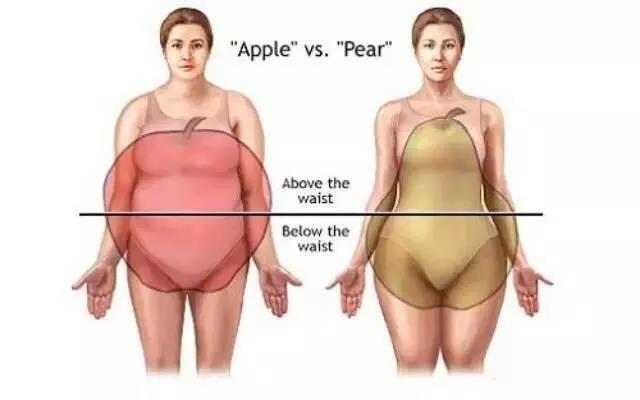
In addition, obesity will increase the risk of polycystic ovary syndrome and gallstones. Among the two types of obesity, apple-shaped body (central obesity) and pear-shaped body (peripheral obesity), central obesity is more harmful.
The “uniform speed” weight loss method recommended by the WHO
Even the fat that is “destined” can have an effect on weight control through acquired efforts.
For obese people, the World Health Organization’s recommendation is: “even speed” weight loss. Lose weight 0.5~1 kg per week and 1~3 kg a month. This method has little damage to the body and is not easy to rebound.
Control oil intake
It is recommended that obese people choose olive oil and tea oil for cooking, and keep it at 20-25 grams per day (approximately two and a half spoons of enamel spoon).
If you are eating out, choose light dishes when ordering, and try not to order oily dishes.
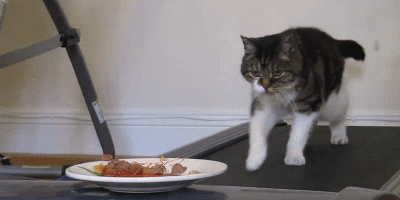
Get rid of the habit of overeating and eat less oily snacks, such as crisp bread, yolk pie, puffs, etc.
Exercise: first “reducing” sugar, then “reducing” fat
For obese people, a combination of anaerobic exercise and aerobic exercise is a better way to exercise.
First do anaerobic exercise (such as abdominal crunch, supine leg lift, etc.) to consume excess sugar in the body, and then do aerobic exercise (such as brisk walking, cycling, swimming, etc.) to further consume body fat.
Anaerobic exercise 15 to 20 minutes each time, aerobic exercise for half an hour to 40 minutes, do at least 4 to 5 times a week, it is best to insist on training every day.
In addition, do stretching and warm-up preparations before exercise, pay attention to safety during exercise, and do soothing finishing exercises after exercise.
Adjust meal patterns
Three dietary patterns are recommended for people who need to lose weight: high-protein diet, energy-restricted balanced diet, and light fasting diet.

High protein diet
Increase the proportion of protein in the diet to more than 20%, and eat more lean meat, eggs, poultry, fish, etc.
Energy-limited balanced diet
In the case of ensuring a balanced diet, reduce the intake of each nutrient substance.
Light fasting mode
Eat normally for 5 days within a week, and take 1/4 of the usual energy (about 500 kcal/day for women and 600 kcal/day for men) for the other 2 days (non-continuous), and persist for a long time.
Ordinary obese people are generally recommended to choose a high-protein diet, patients with kidney disease should use a limited energy balance diet, and those who cannot accept the above two diets can use the third light fasting mode.
The above modes can be mixed intermittently.
It is important to learn to chew slowly
Experts in the field of oral care and obesity treatment recommend chewing 20 to 30 times a bite of rice. This may seem difficult to do, but try to start with a bite of rice and chew a few times, and you will see changes over time.
Comments